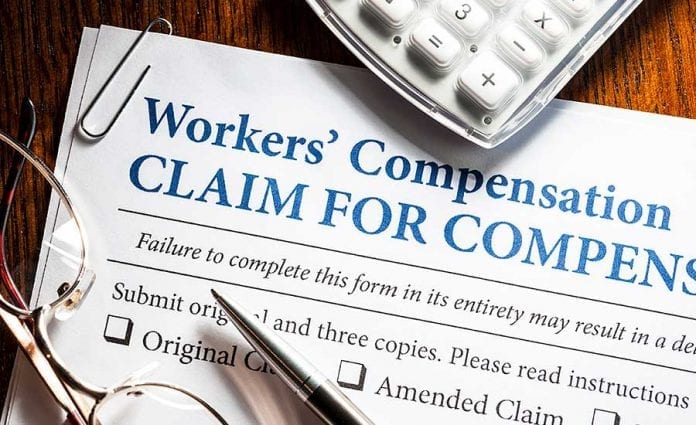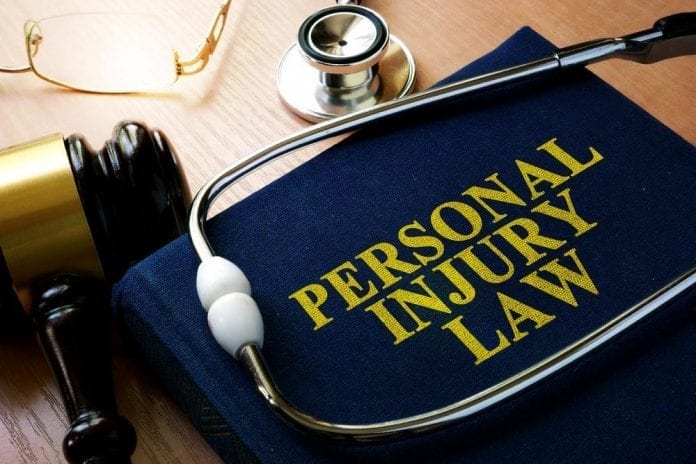If you are injured while you are traveling, you may be left with many questions about how you can be compensated for your damages. The laws regarding injuries and travel can be complex. Whether or not you can file a worker’s compensation claim will depend on the circumstances of your accident.
If you’ve been injured while you were on a trip for business or pleasure, you have legal options available. No matter where your injury took place in the United States, you may be able to file a lawsuit. This article will answer some of the most common questions about injuries while traveling and what to do if you have been hurt.
Where to File a Lawsuit

If you were injured while you were on a trip, where you will file a lawsuit will depend on where the accident occurred and where the defendant lives. For example, if you were from Pittsburgh but your car accident took place on Long Island, you would get a Long Island accident lawyer to file a case on your behalf in New York. (Learn more about car accident statistics here.)
If the defendant hit you on Long Island, but they were also traveling when the accident occurred and they live in Chicago, you would be able to file a lawsuit in New York or in Illinois. You would not be able to file a case in Pennsylvania unless the person who hit you consented to be sued there. This would be an inconvenience for them, so it’s unlikely they’d consent.
Which State’s Laws Apply to Your Case
The laws regarding personal injury lawsuits can be vastly different once you cross a state’s border. Some states have what is known as a pure contributory negligence statute. This means if you are at fault for the accident at all, even if someone else was 99% at fault, you will not be able to recover any of your damages.
Other states are pure comparative fault states. This means your damages will be reduced based upon your percentage of fault. If a jury decides you were 50% at fault in your accident, they’d award you 50% of the damages. The presumption is that the laws of the state where the accident took place will apply to your case. This can be overcome, but it’s not likely in most cases.
When There Are Multiple Defendants
If more than one at-fault party in the injury that caused your accident, you may be able to file a lawsuit against all of them. In these cases, you can choose to file a lawsuit in the state where the injury occurred, or you can file in a state where at least one defendant lives.
For example, if you were injured in New York, you could file in New York. But, if one defendant lives in Lodi and one lives in Bridgeport, you could also choose to file your lawsuit in New Jersey or Connecticut.
Will Worker’s Compensation Cover You

Today, many people travel for their job. Domestic travel for business is common. Unfortunately, so are injury accidents. If a construction worker is hurt by a falling beam, workers compensation would cover them. However, many on-the-job injury cases are not as clear. Injuries that are sustained while traveling for business, while staying in your hotel, and while meeting clients may be covered. However, injuries that happen while you are going out to dinner or sightseeing without meeting clients may not.
If you were behaving negligently when the injury occurred, you may not be covered. An example of this would be if you were injured after drinking too much, or if your injury was caused while you were breaking rules, such as going beyond a “do not cross” barrier. A personal injury attorney can review the facts of your case and tell you if you are entitled to workers compensation.
Workers Comp Claims vs. Personal Injury Claims
You may be wondering how the process of workers compensation claims differs from your average personal injury lawsuit. In both cases, the claims process is the same. One exception is the claims approval process.
If you’re filing a workers comp claim, you may have difficulties getting the administrators to understand certain key details of your situation before they’ll approve it. In either case, a personal injury lawyer can help you explore your legal options.
What You Should Do After an Accident
The steps you take after an injury accident are critical. What you do in the aftermath can directly impact the value of your claim. If you have been injured on a business trip, take the following steps to protect your rights:
- Report the incident to the police, your insurance, your company’s human resources department, and the management of any establishment that was involved
- Take pictures and video footage of the scene of the accident
- See a doctor to document your injuries
- Contact a personal injury attorney to find out if you have a valid claim
How a Personal Injury Lawyer Can Help
If you have been injured and you weren’t at fault, you won’t have to shoulder the burden alone. Your attorney will be your advisor throughout the duration of your case. They can explain your options to you and evaluate your situation. Your lawyer will tell you what kind of evidence you’ll need to prove your claim. They can also call in expert witnesses who can testify on your behalf. It is imperative that you speak with an attorney before you settle with insurance.
Insurance will try to settle with you quickly so they can get you to accept less than the full value of your damages. Your lawyer will be able to calculate the true worth of your claim. They will fight aggressively in court to make sure you are fairly and adequately compensated for your lost wages, medical bills, and other damages. Most personal injury lawyers offer free consultations, and many work on a contingency basis.










